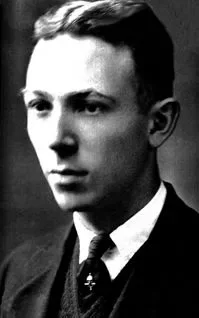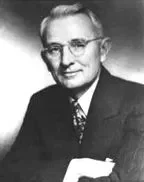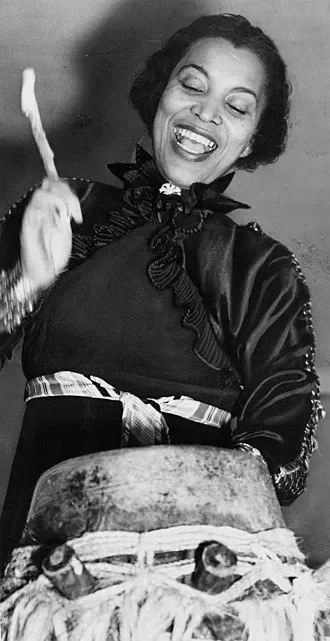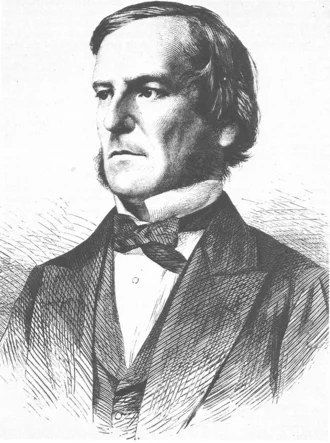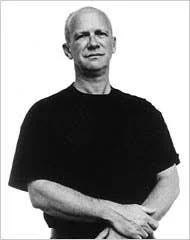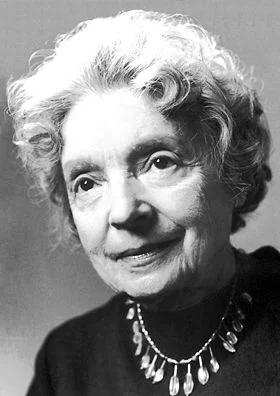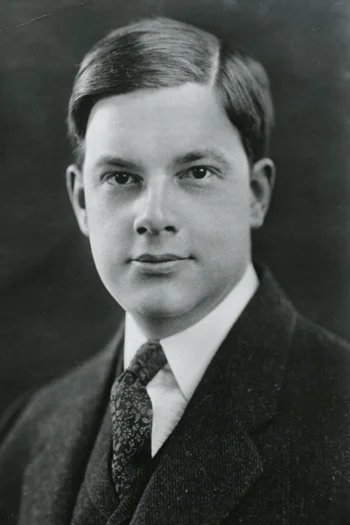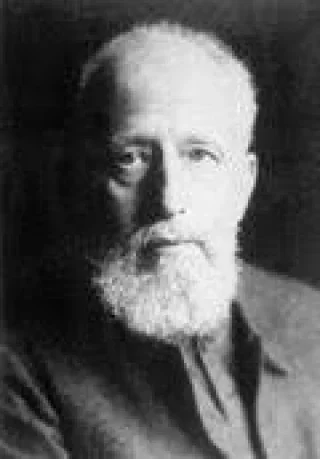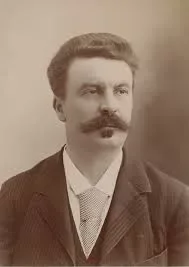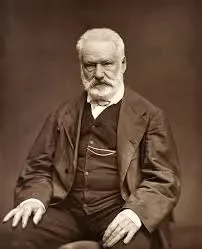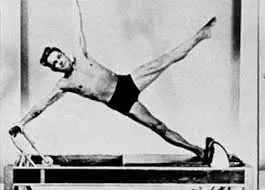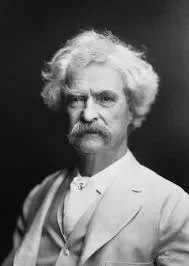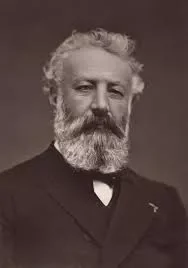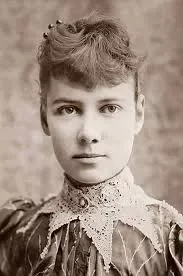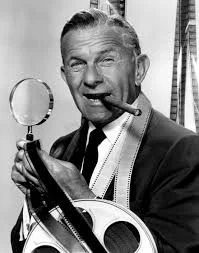Real Celebrities Never Die!
OR
Search For Past Celebrities Whose Birthday You Share
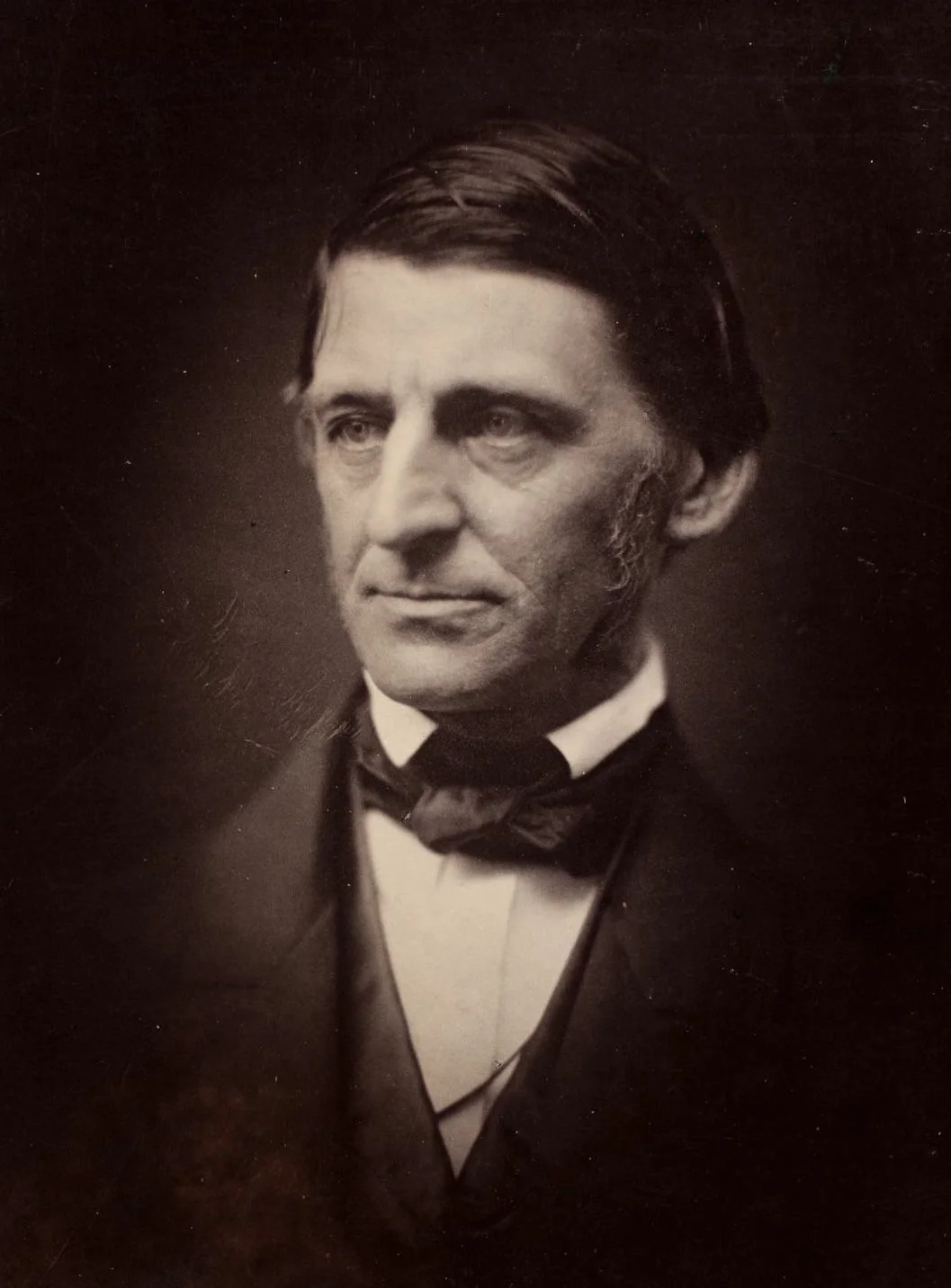
source:wikimedia.org
Ralph Waldo Emerson
Birthday:
25 May, 1803
Date of Death:
27 Apr, 1882
Cause of death:
Pneumonia
Nationality:
American
Famous As:
Abolitionist
Age at the time of death:
78
Ralph Waldo Emerson's Quote's
Early Life and Education
Ralph Waldo Emerson, a towering figure in American intellectual history, transcended the boundaries of his time and continues to inspire generations with his profound thoughts on individualism, self-reliance, and the divine connection between nature and humanity. Born on May 25, 1803, in Boston, Massachusetts, Emerson’s life and work were marked by a relentless pursuit of truth, a celebration of the human spirit, and a call for a life lived in harmony with the universe.
Childhood and Philosophical Roots
Emerson’s childhood was shaped by both privilege and loss. The son of a Unitarian minister, he received a classical education at Harvard Divinity School. However, his early life was also marred by tragedy, with the death of his mother when he was eight and the subsequent passing of his father and several siblings. These experiences instilled in him a deep philosophical contemplation of life and death, themes that would resonate throughout his writings.
Personal Life and Family
Ralph Waldo Emerson married Ellen Tucker in 1829, but their union was tragically short-lived. Ellen died of tuberculosis in 1831, leaving Emerson devastated. He later remarried Lydia Jackson in 1835, and the couple had four children together. Despite personal challenges, Emerson’s home life in Concord, Massachusetts, provided him with a supportive environment for his intellectual pursuits and literary endeavors.
Career and the Transcendentalist Movement
After a brief stint as a Unitarian minister, Ralph Waldo Emerson found his true calling as a writer and lecturer. He became a leading figure in the Transcendentalist movement, a philosophical and literary current that emphasized intuition, self-reliance, and the inherent divinity of nature and the human spirit. His essays, such as “Nature” (1836) and “Self-Reliance” (1841), became cornerstones of American intellectual thought, advocating for individual expression, nonconformity, and a connection to the natural world as a source of spiritual insight.
Influence and Legacy
Emerson’s influence extends far beyond his own time. He is considered one of the most influential American philosophers and essayists, his ideas shaping the course of American literature, theology, and social thought. His writings inspired a generation of American authors, including Walt Whitman, Henry David Thoreau, and Margaret Fuller. He also played a significant role in the abolitionist movement, advocating for the rights of enslaved people and challenging the societal norms that upheld slavery.
Later Life and Enduring Impact
Emerson passed away on April 27, 1882, in Concord, Massachusetts. He is buried in Sleepy Hollow Cemetery, surrounded by other literary giants like Nathaniel Hawthorne and Henry David Thoreau.
Timeless Legacy
Ralph Waldo Emerson’s legacy continues to resonate in the 21st century. His timeless insights on self-discovery, the power of nature, and the importance of individual expression remain relevant and inspiring. By studying his life and work, we gain a deeper understanding of the human condition and the potential for personal transformation. As Emerson himself wrote, “To live is to be a meaning maker,” and his own life and work serve as a powerful testament to this truth.
Name:
Ralph Waldo Emerson
Popular Name:
Ralph Waldo Emerson
Gender:
Male
Cause of Death:
Pneumonia
Spouse:
Place of Birth:
Boston, Massachusetts, U.S.
Place of Death:
Concord, Massachusetts, U.S.
Occupation / Profession:
Personality Type
Debater: Smart and curious thinkers who cannot resist an intellectual challenge. The originality of his works show his deep intellectual abilities.
Emerson traveled extensively throughout Europe, meeting prominent thinkers like William Wordsworth and Thomas Carlyle.
Emerson was a passionate gardener and found deep meaning in the natural world.
He was a close friend and mentor to Henry David Thoreau, who lived near him in Concord.
He was a gifted orator, and his lectures were highly popular throughout the United States.
Emerson played a pivotal role in the transcendentalist movement, a philosophical and literary movement that emphasized individual intuition, spirituality, and the inherent goodness of people.
Emerson’s essays, including “Self-Reliance,” “The American Scholar,” and “Experience,” are celebrated for their profound insights into human nature and the individual’s relationship with society.
Emerson’s impact on American literature is immeasurable. His writings inspired generations of thinkers and writers, influencing movements like American Romanticism and the development of American philosophical thought.

